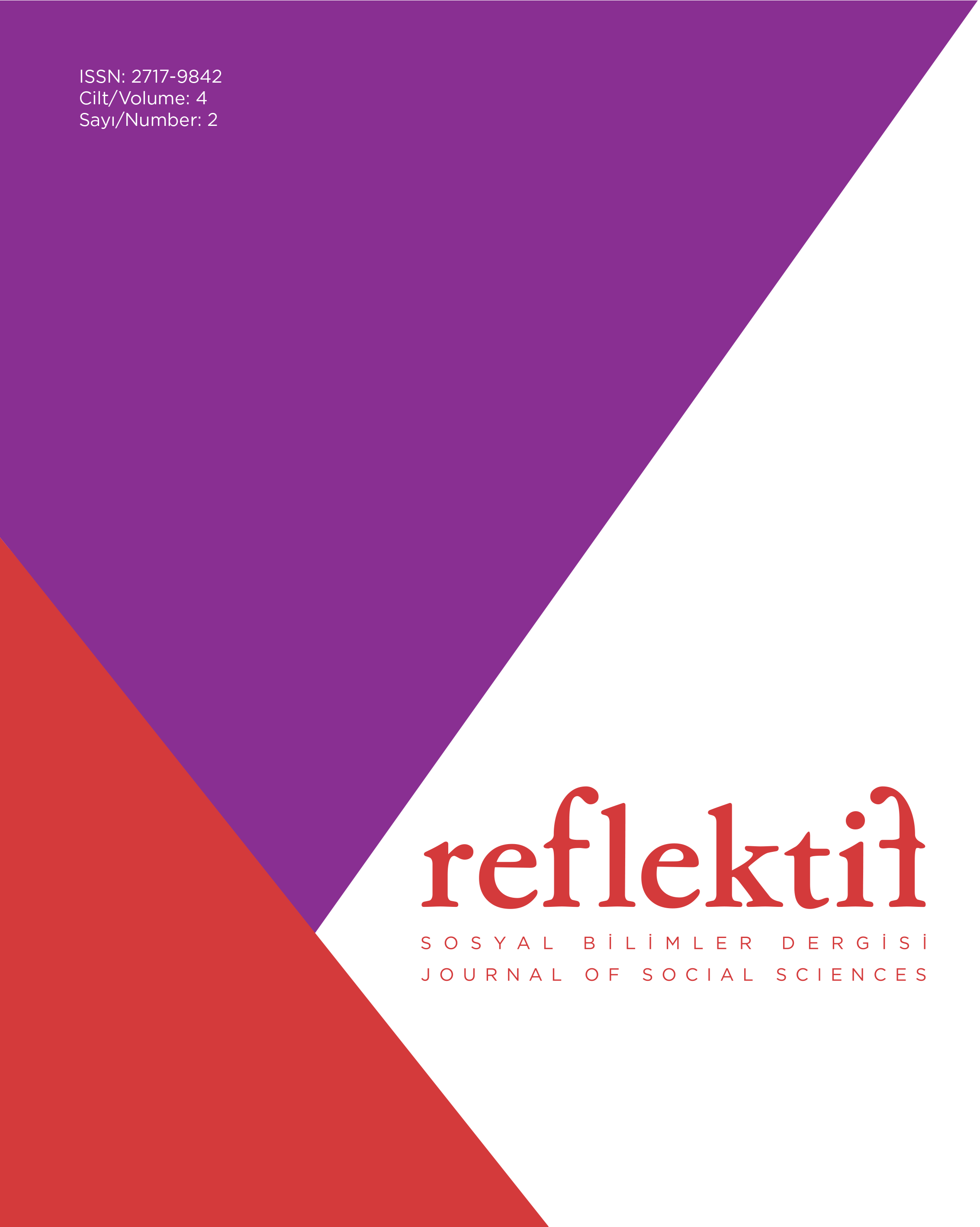Rethinking Hunger, Food Insecurity, and Malnutrition in the Age of Inequalities
DOI:
https://doi.org/10.47613/reflektif.2023.104Keywords:
food crisis, social contract, food (in)security, hunger, agrifood systemsAbstract
Due to extreme climate events, the Covid-19 global pandemic, the war in Ukraine, and a rapid increase in the food prices 3.1 billion people were unable have access to nutritious food in 2022. Global inequalities, poverty, and social insecurities that disseminated in almost every aspect of human life have already started to challenge the social contract. As a minimum requirement to guarantee a decent life for everyone, a new social contract based on mutual obligations of concentric circles may be imagined for food security. Such a contract may offera solid framework to encounter the current agrifood system’s fragilities and vulnerabilities. This study argues that a new social contract should redefine relations between the state and private sector, considering the well-being of all segments of society and, in a broader sense, humanity. Secondly, it emphasizes the necessity of reforming rules, norms, principles, and decision-making procedures to eliminate the double standards of the global trade system. Lastly, it claims that rather than falling back into the industrial agriculture production trap, “what we owe each other” is to adopt collectively resilient, sustainable, and equitable policies to eliminate hunger, food insecurity, and malnutrition.
Downloads
Published
How to Cite
Issue
Section
License
Copyright (c) 2023 Nagihan Söylemez

This work is licensed under a Creative Commons Attribution-ShareAlike 4.0 International License.
All manuscripts which are submitted to the REFLEKTIF Journal of Social Sciences should not be published, accepted and submitted for publication elsewhere.
In case an article is accepted for publication it is allowed to combine the article with other researches, to conduct a new research on the article or to make different arrangements on condition that the same license is used including the commercial purpose.
As an author of an article published in REFLEKTIF Journal of Social Sciences you retain the copyright of your article and you are free to reproduce and disseminate your work.




